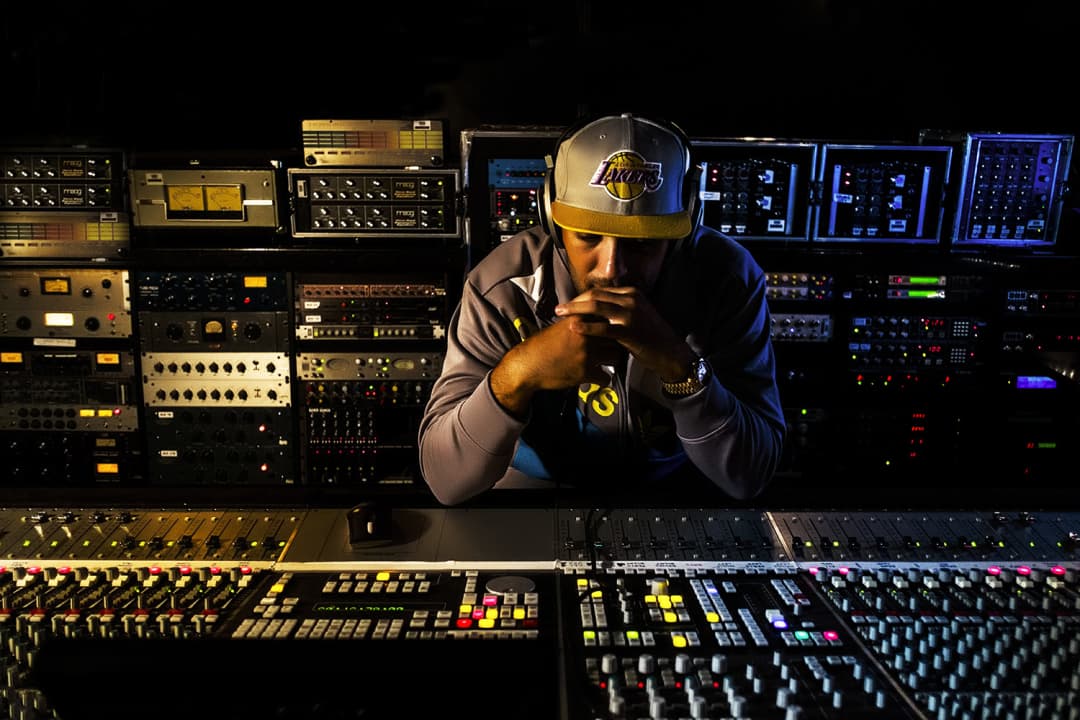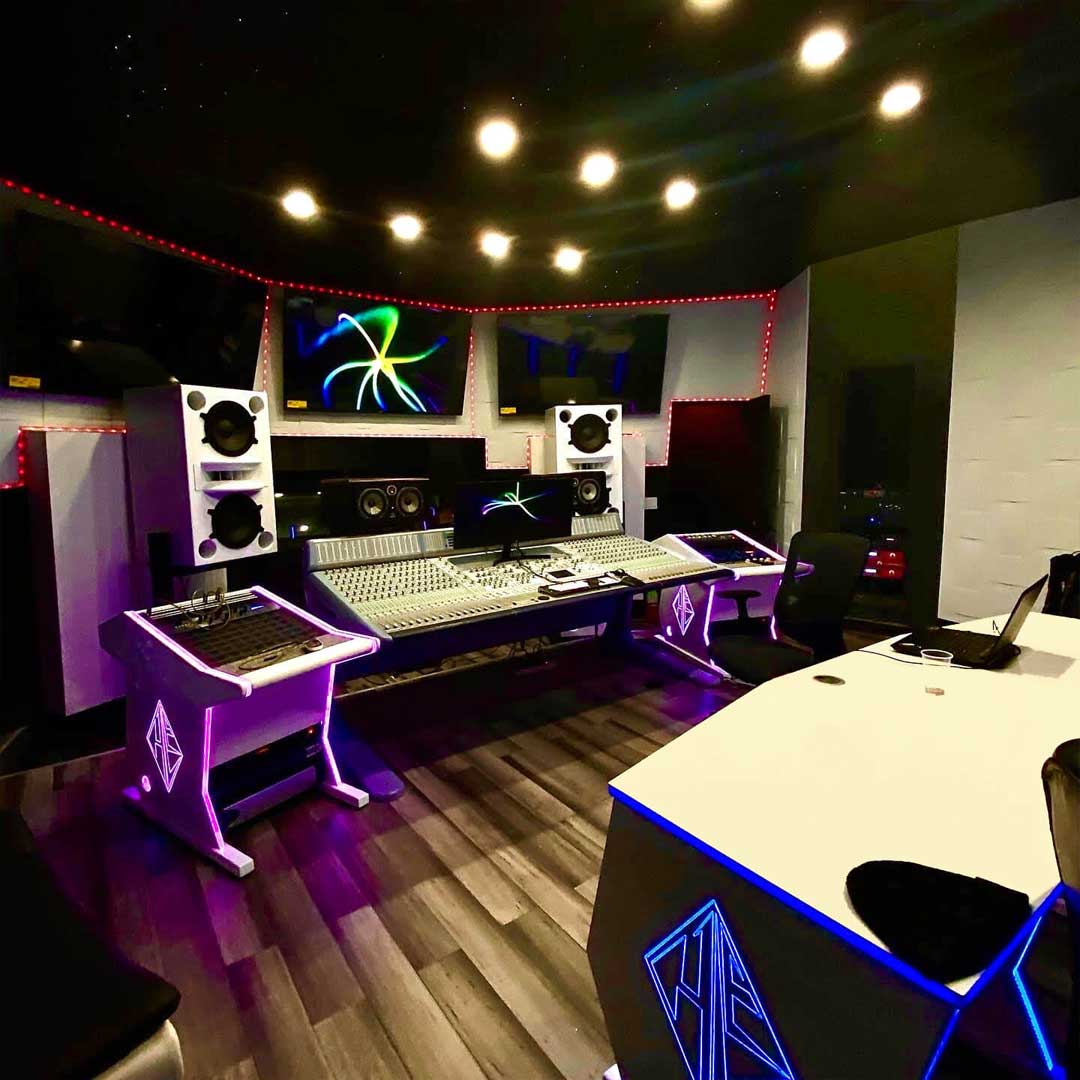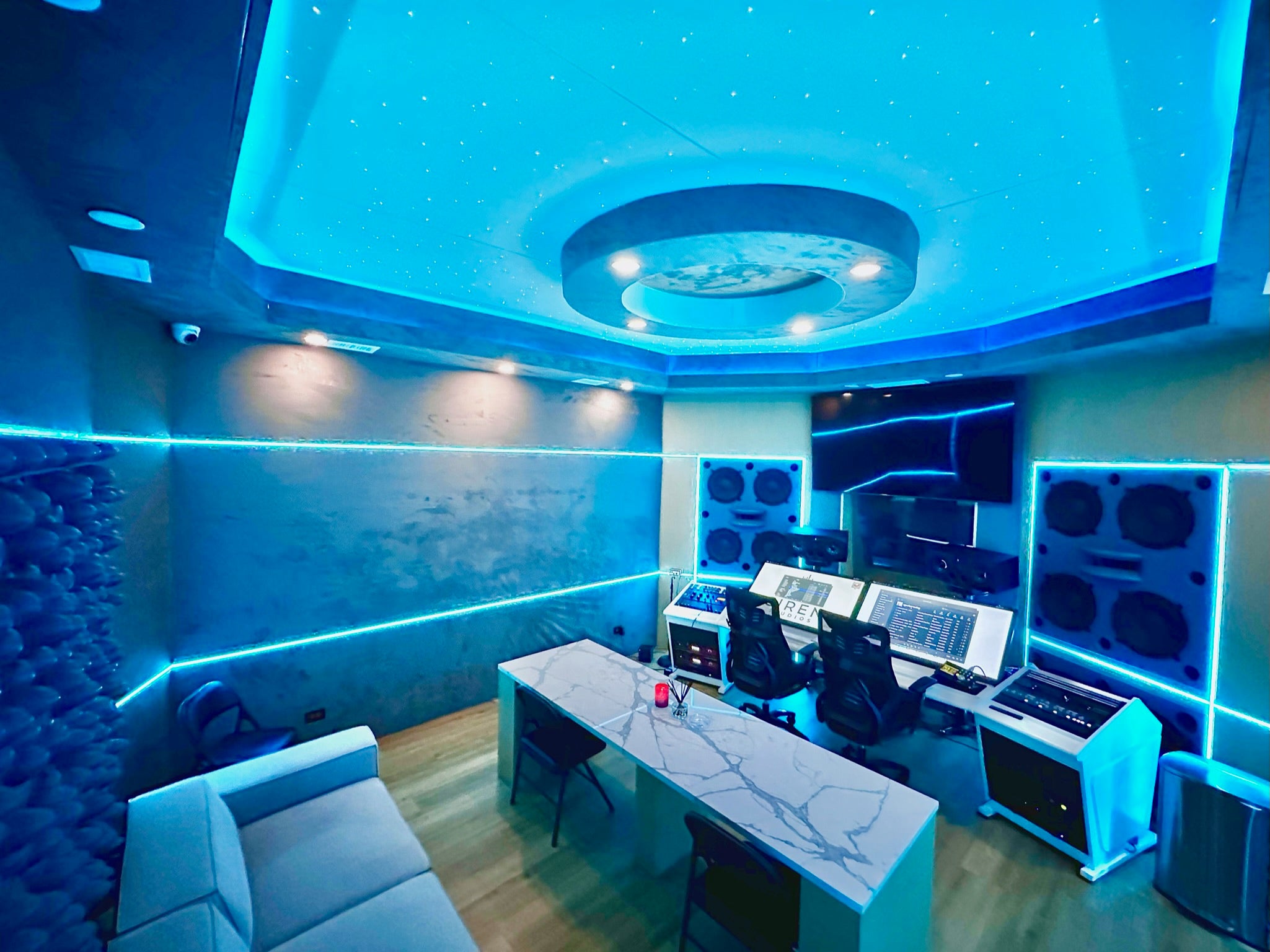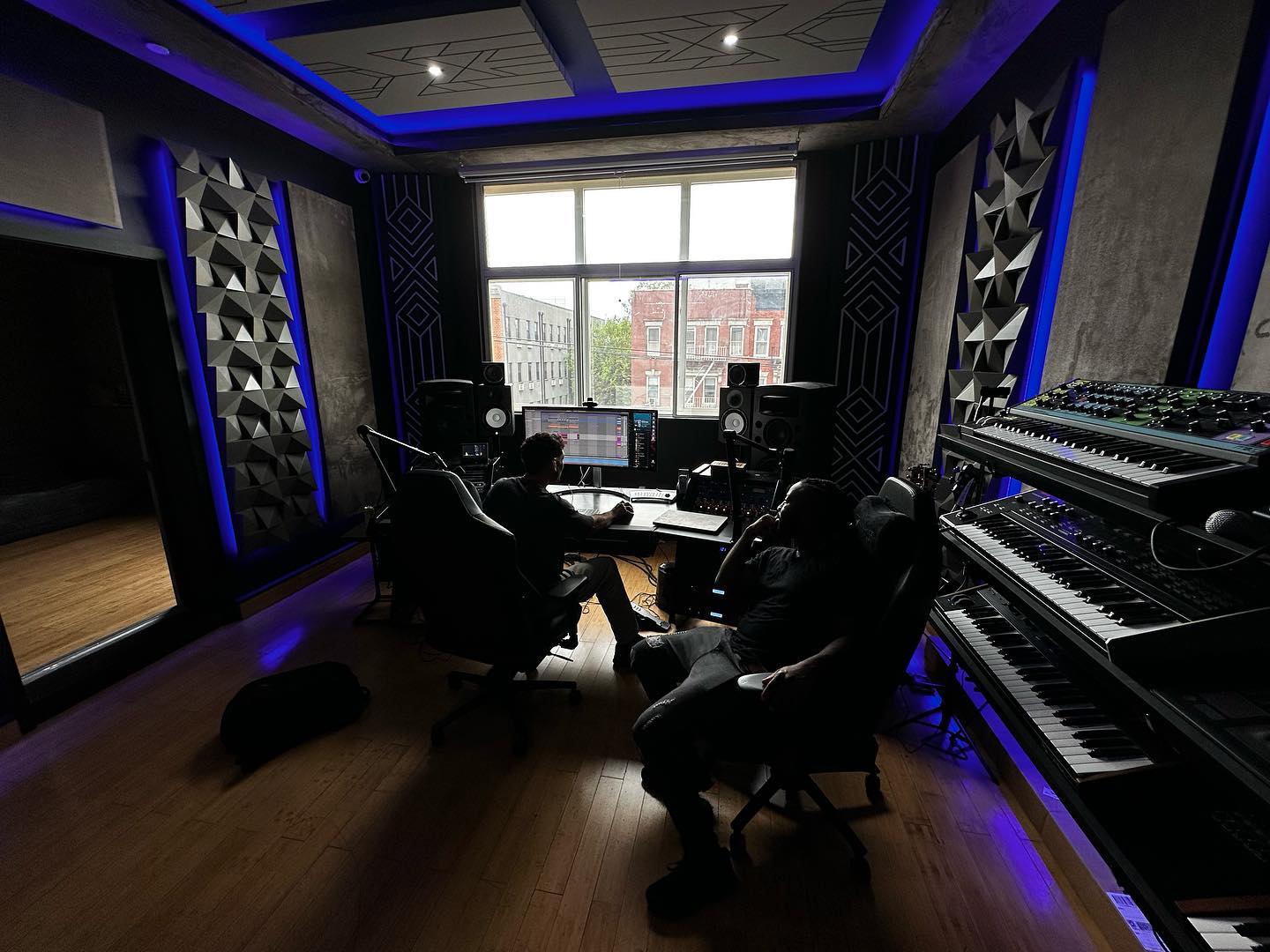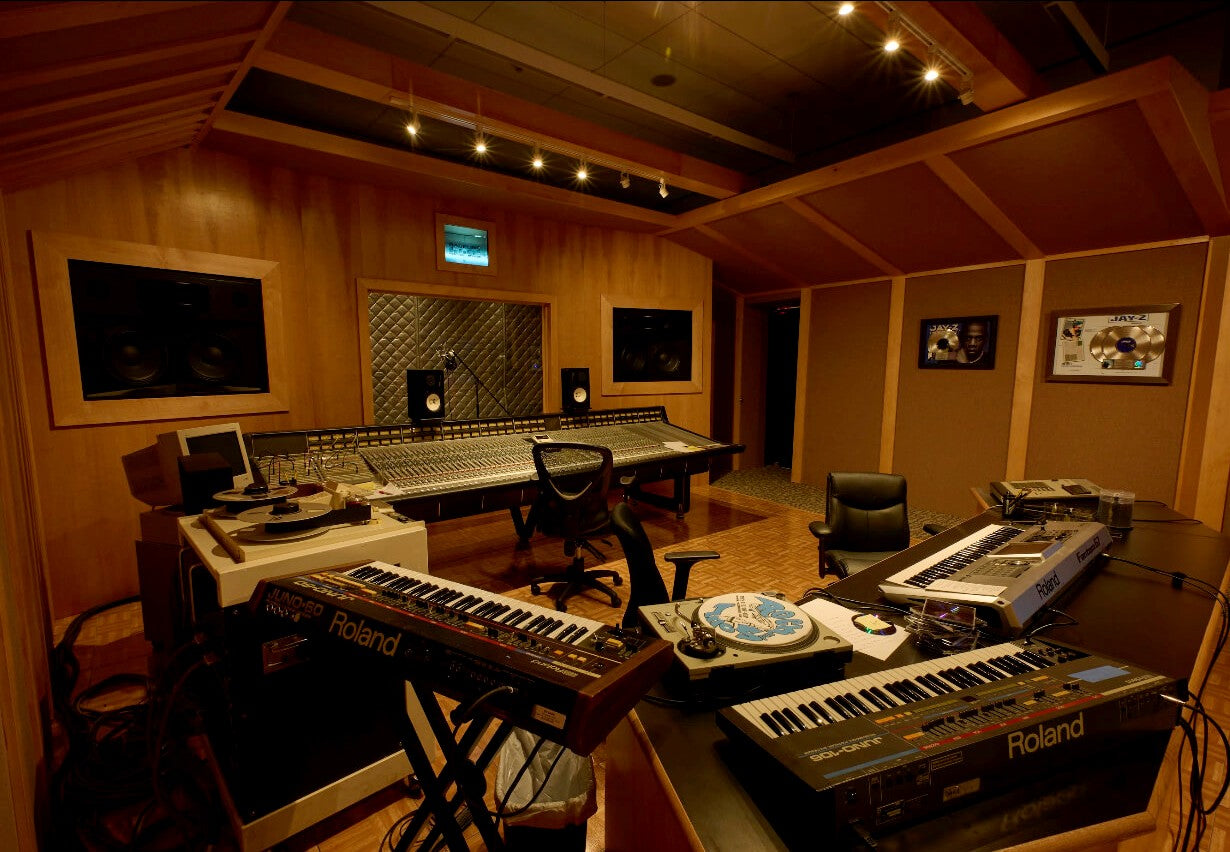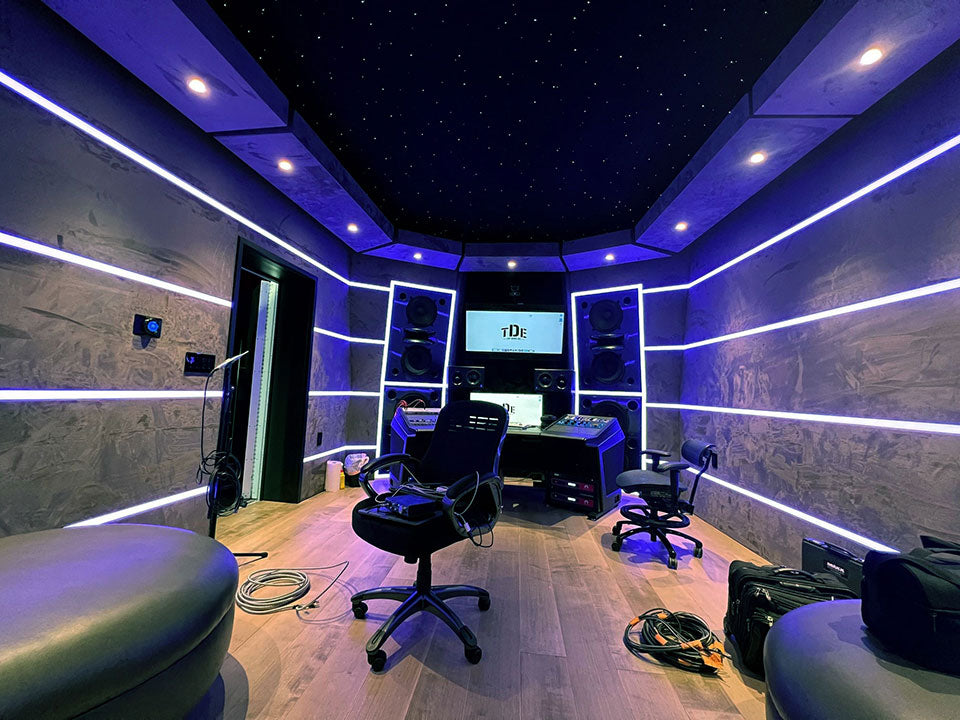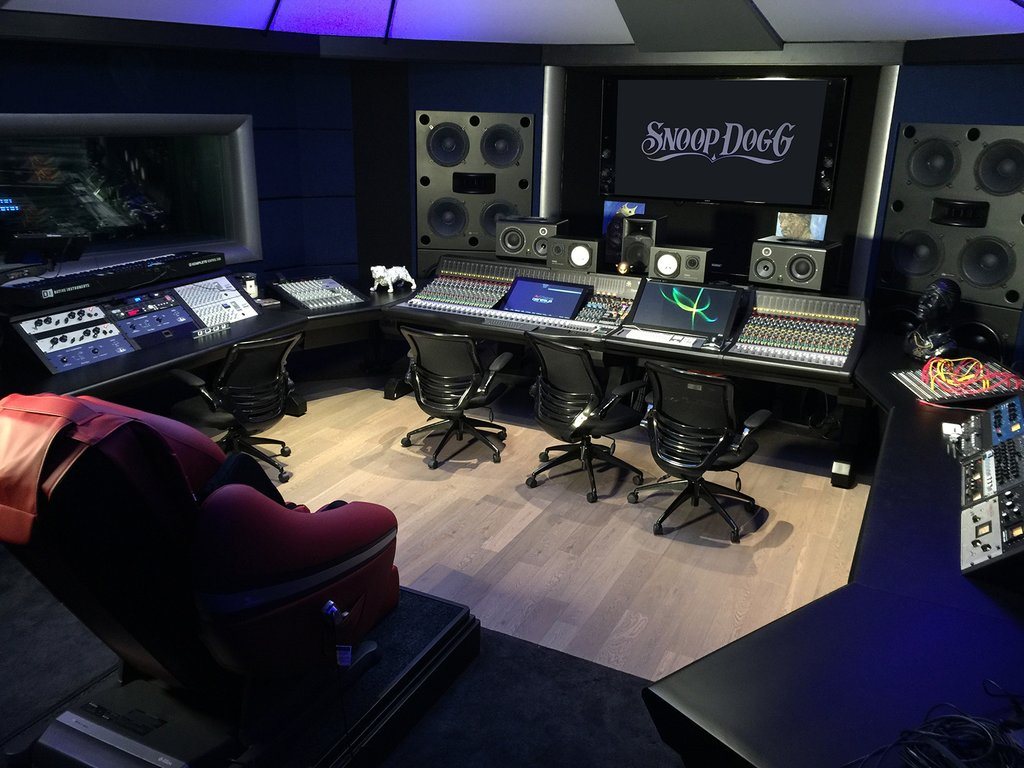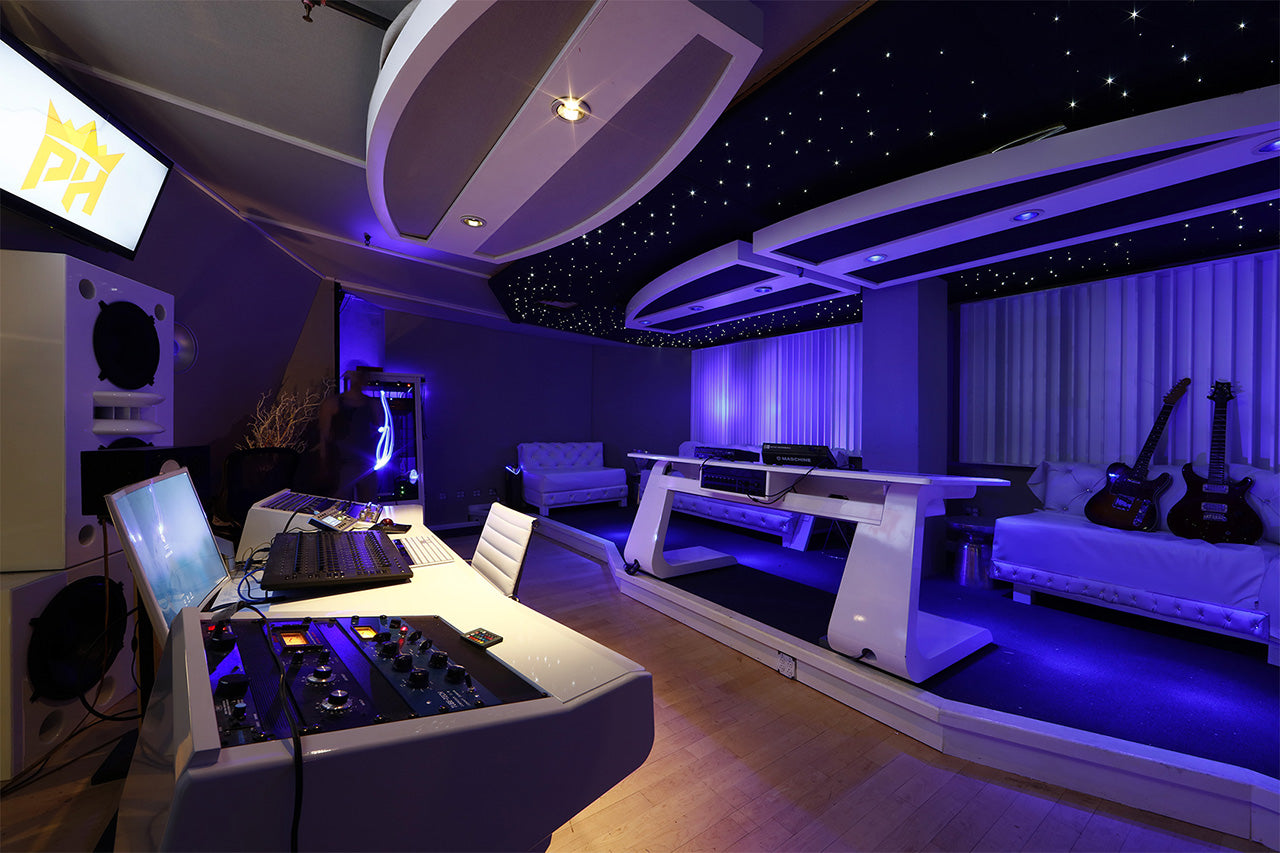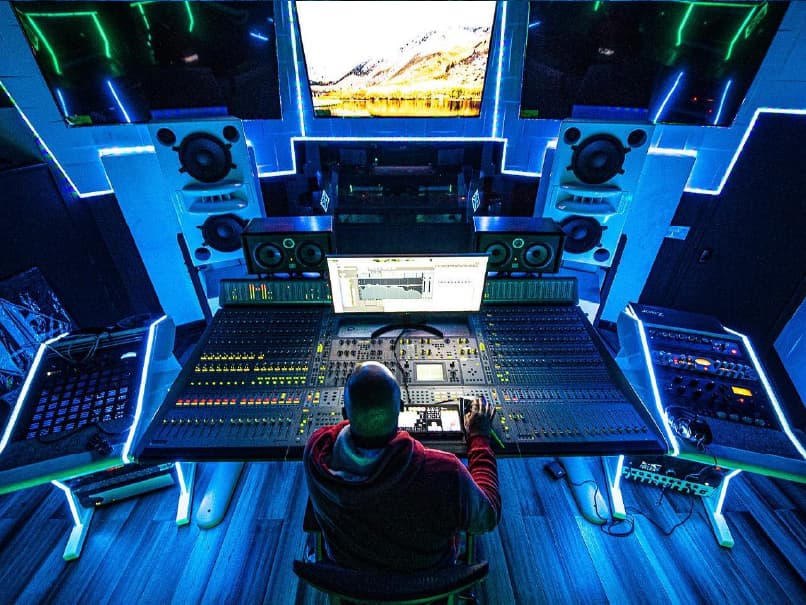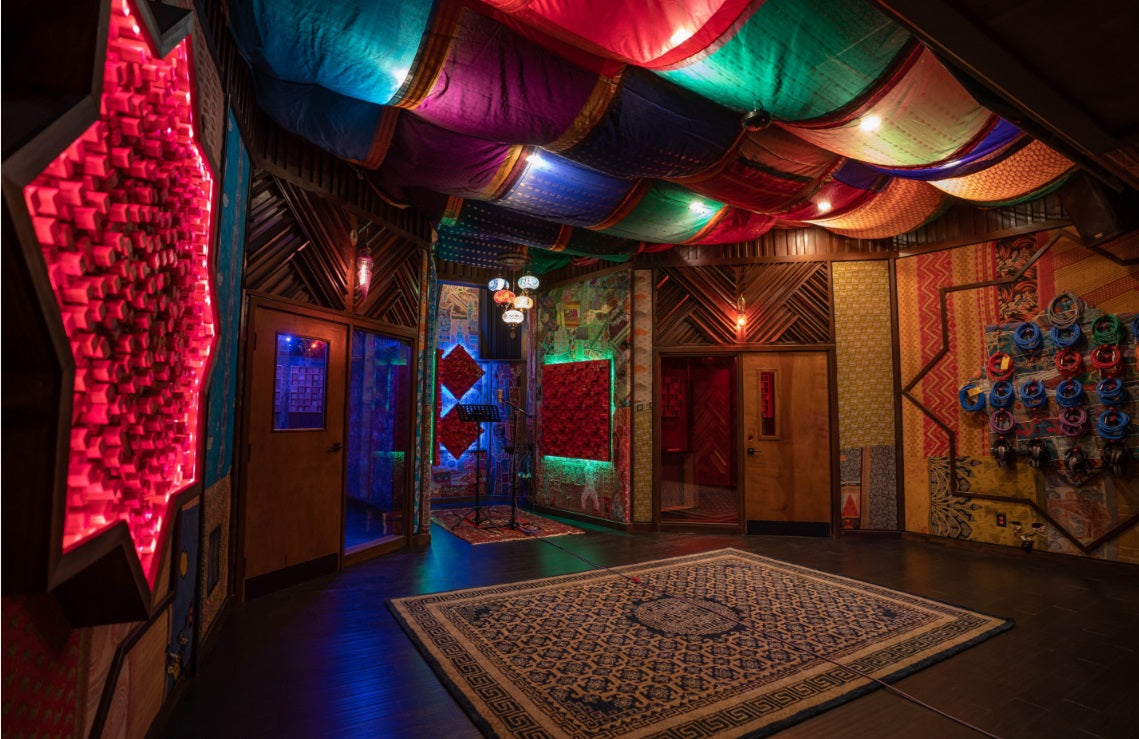The D 20:4L is based on the same foundation of robust, high-power amplifier technologies as our renowned PLM Series - an amplifier platform with a proven record of reliability and sonic performance on the world's most grueling concert tours and in high-profile, large-scale installations.
With the D 20:4L, those same core technologies have been updated and refocused to provide the ultimate solution for the most demanding digitally networked installed sound applications - in stadia, arenas, theme parks, performing arts centers, racecourses and other large commercial sound installations.
In addition to legendary Lab.gruppen reliability and sonic excellence, the D Series incorporates newly refined outputs stage technologies along with installation-targeted hardware and software features that optimize amplifier system design and configuration. Together, these new technologies allow systems integrators to minimize both initial equipment costs and end users' long-term energy consumption.
Rational Power Management (RPM)
At the core of the D Series platform is Rational Power Management (RPM), a proprietary Lab.gruppen technology that allows system designers and integrators unprecedented freedom to allocate the output power available on each channel for optimum performance with specific load conditions. RPM technology also enables the integrator to minimize initial equipment costs and reduce rack space requirement since with conventional installation amplifiers, it is often necessary to “over-specify” amplifiers to meet the maximum power demand on one channel, leaving excess power capacity wasted on the remaining channels. RPM reduces costly excess capacity by allowing re-allocation of output power capacity among the four channels - with one channel on the D 20:4L capable of being significantly scaled up, leaving any remaining available power to be allocated to the other channels for less demanding loads.
CAFE for Green Credentials
The D 20:4L can be configured and monitored using the new CAFE (Configuring Amplifiers For the Environment) software suite. In addition to providing comprehensive system surveillance and configuration of RPM features, CAFE includes an innovative design aid - the Equipment Specification Predictor (ESP) - that provides tools for optimum specification of D Series units. ESP examines the system and load requirements and then supplies recommendations for the installation that include model and quantity of D Series units, heat generated, channel distribution, and current draw. The end result is accurate mains management and precise specification of cooling systems and UPS, when required.
The Power of Lake Processing
All D Series Lake versions provide extraordinary input flexibility, the legendary power of exclusive Lake processing algorithms, comprehensive control and load monitoring via Lake Controller, and seamless integration into Dante digital audio networks. In addition, by employing third-party middleware, D Series Lake versions can be integrated into on other widely used networked digital matrix systems. All D Series Lake models incorporate four full-featured Lake Processing modules, with four discrete channels of audio throughput input to output. Audio signals are selectable from four channels of analog (each with exclusive Iso-float ground isolation), four channels of AES3 digital, and eight dual redundant Dante networked digital inputs. Input signals are individually selectable for each channel, with programmable failover to analog. The full-featured, on-board Lake processor includes group control with Raised Cosine™ MESA EQ™ asymmetric filters to match the responses of many loudspeaker systems. LimiterMax™ peak and RMS limiters set the industry standard for loudspeaker protection and sonic transparency.





